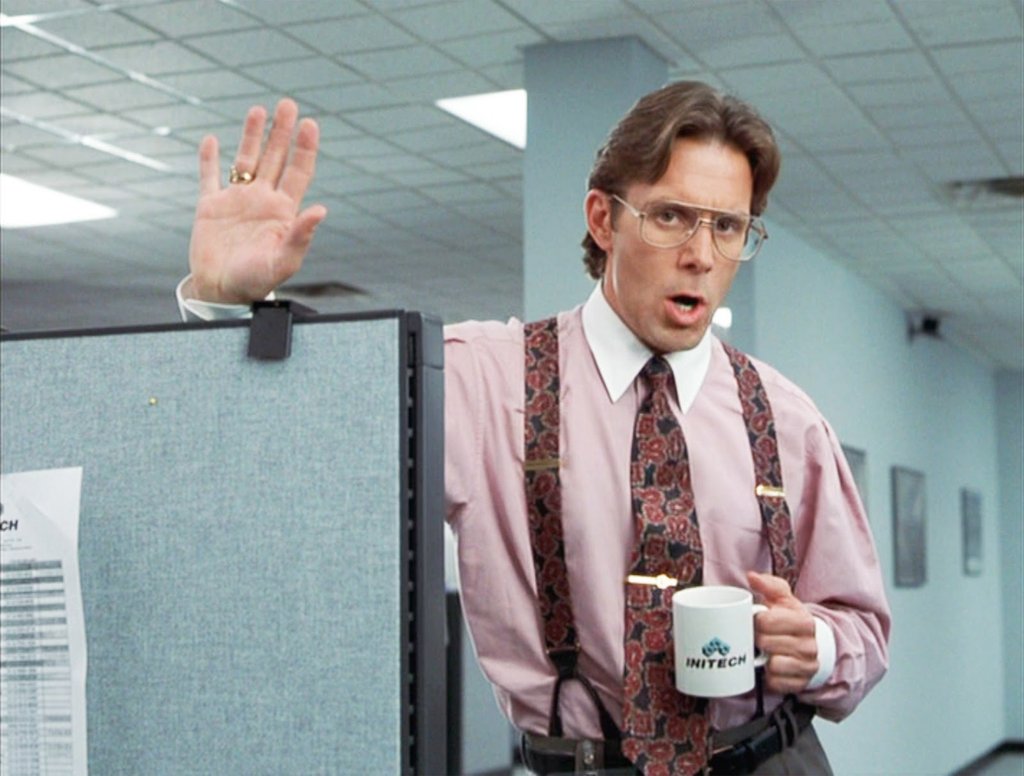
There was a time, not long ago, when the prevailing wisdom of management called for an iron fist. “Keep them in line,” they’d say; “Show them who’s boss.”
The theory had something to do with the relationship of worker happiness and productivity to a strong hand and unbending adherence to whichever rules and regulations happen to have been passed down through the lineage of a company’s corporate culture.
And so it went, from the coal mines of Cardiff to the halls of IBM, circa 1926; an army of hourly workers controlled by a plutocratic executive steering committee with little room for the questioning of authority.
Time for a new plan.
Today we know better. So much better in fact, that the economy of our modern business culture rests squarely on the shoulders of those who work smarter, not harder. Modern science is producing new technology, design and theory at a breakneck pace, encouraging us to throw off the yolk of the 60 hour workweek, and get more done, better, and in less time.
As throughout history, our business culture is now proving beyond a doubt that humanity must remain at the core of all we do. As such, our collective corporate zeitgeist brings us daily fortification for theories about individualizing the work experience, raising the consciousness of each worker, and squeezing more juice out of the grape with less effort.
 For instance, researchers are promising up to a 32% increase in employee productivity to bosses who allow a team member to decorate his work space with unique pictures, plants and—wait for it—furniture devoid of right-angles.
For instance, researchers are promising up to a 32% increase in employee productivity to bosses who allow a team member to decorate his work space with unique pictures, plants and—wait for it—furniture devoid of right-angles.
Like that? Then you’ll love the new theory by Danish scientist James W. Vaupel, ardent campaigner for the 25 hour work week. His reasoning is not all that crazy. So sayeth the Dane: “In the 20th century we had a redistribution of wealth. I believe that in this century, the great distribution will be in terms of working hours."
His theory centers around the idea that we’re all going to live much longer. So, instead of retiring at fifty-five (I’m talking to you, French people), we can work twenty-five hours a week until we’re 80. Dr. Vaupel reasons that we’ll have more time to take care of our health—not to mention happiness—now, and then aid the aging process with the same purpose and fiery spirit that kept us going in our salad days.
If all that is a little too much to stomach all at once, perhaps your best bet is to start small with a BYOD (Bring Your Own Device) policy. Instituting this particular rule-relaxation will be your choice for a while, but not for long. BYOD has been around for long enough that new employees will simply assume that, not only are you ok with it, but you’ve gone and updated all your virtual infrastructure with things like Windows Server, built with new technology to bridge the gap between the ubiquitous Blackberries of yesteryear and all that crazy new stuff the kids like these days.
Specifics aside, the grand point here is the necessity of updating one’s theory of good management to allow for rampant individualism, out-of-the-box thinking, getting more for less, and, perhaps most importantly, the warm and fuzzy feelings of everyone in your office. Achieve that, and you can achieve anything.